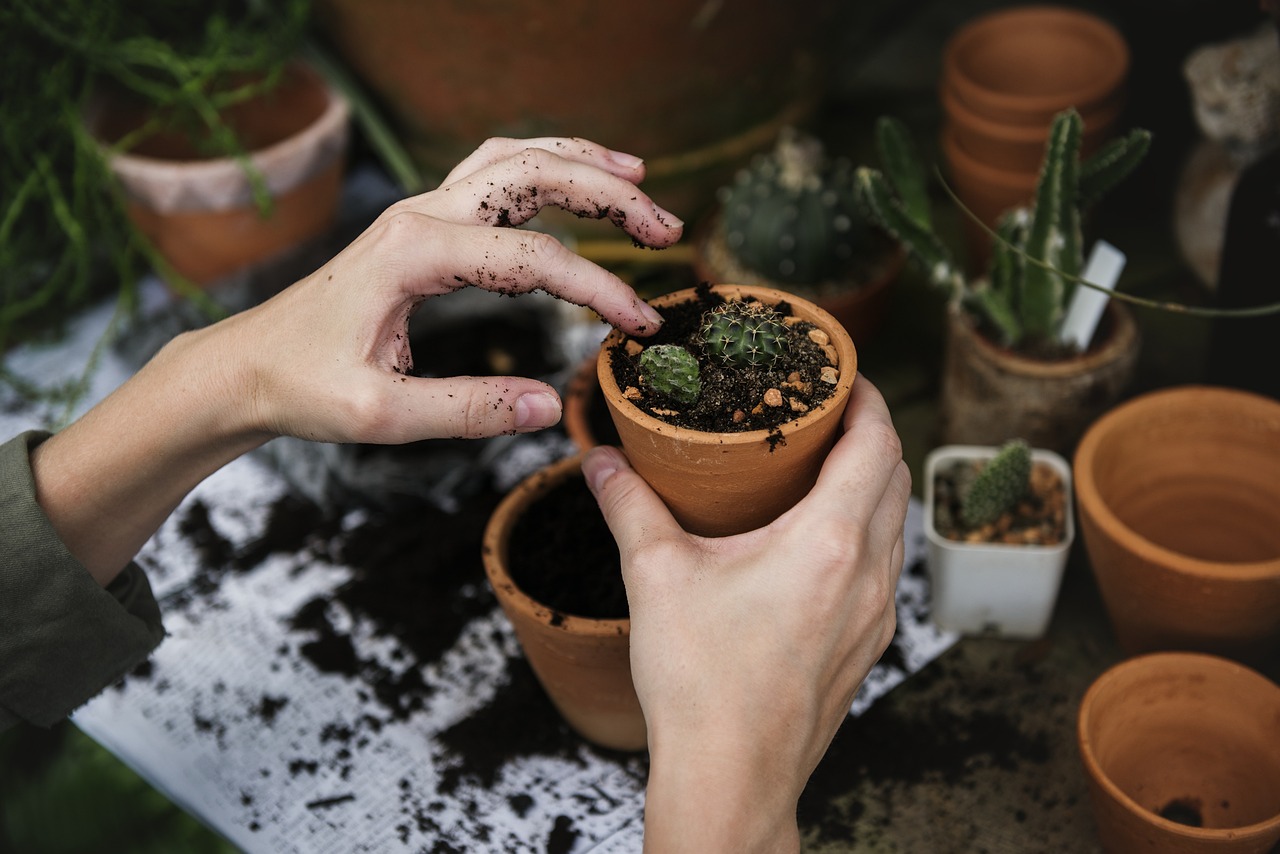Unraveling the Emergence of Plant Parenthood in Modern Society
In this age of urbanization and digitalization, an intriguing trend is emerging from the concrete jungle. The rise of 'Plant Parenthood' is taking root, with young city dwellers turning their homes into green havens. Read below as we delve into this sociological phenomenon, explore its historical context, and unpack its implications on contemporary society.

The Seed of Plant Parenthood
The concept of ‘Plant Parenthood’ isn’t entirely new. Keeping plants has been a fundamental part of human life since the dawn of civilization, primarily for practical purposes such as food, medicine, and aesthetics. However, the recent resurgence of indoor gardening represents a shift away from the utilitarian aspects of plant-keeping towards a more emotional connection with the natural world.
The Blossoming Trend
As modern life becomes increasingly urbanized and digitized, many people are seeking ways to reconnect with nature. This longing for a green escape has manifested in the rise of ‘Plant Parenthood.’ This trend is most noticeable among millennials and Gen Z, who are transforming their apartments into indoor jungles. The rise of social media platforms like Instagram has also played a significant role in popularizing this trend. Photos of lush, green interiors are ubiquitous, inspiring others to cultivate their own indoor green spaces.
The Societal Impact
The implications of this trend are significant. It’s not just about filling homes with attractive foliage; it’s about nurturing, responsibility, and creating a personal oasis in an increasingly impersonal world. This phenomenon is shaping modern society in several ways. It is encouraging environmental consciousness, reducing stress in urban dwellers, and fostering a sense of community among plant enthusiasts.
The Research Behind the Leaves
Several studies support the benefits of indoor plants. Research indicates that interacting with indoor plants can reduce psychological stress and improve mood. Other studies highlight the environmental benefits, as plants improve air quality by removing toxins and producing oxygen. Moreover, the act of caring for a living thing can foster empathy and compassion, essential elements in a society often characterized by disconnect.
Growing Forward
As we move forward in this digitized age, it’s likely that the ‘Plant Parenthood’ trend will continue to flourish. It represents a collective desire for a simpler, more connected existence in a world often dominated by screens and concrete. And perhaps, it serves as a reminder of the importance of nurturing our relationship with nature, even within the confines of our urban homes.
In conclusion, the surge in ‘Plant Parenthood’ is more than just a passing trend. It’s a reflection of our intrinsic need to connect with nature and a reaction to the rapid urbanization of modern life. As we continue to navigate through the complexities of the digital age, it’s worth considering how such simple acts of nurturing can have profound effects on our mental health, our communities, and our planet.




